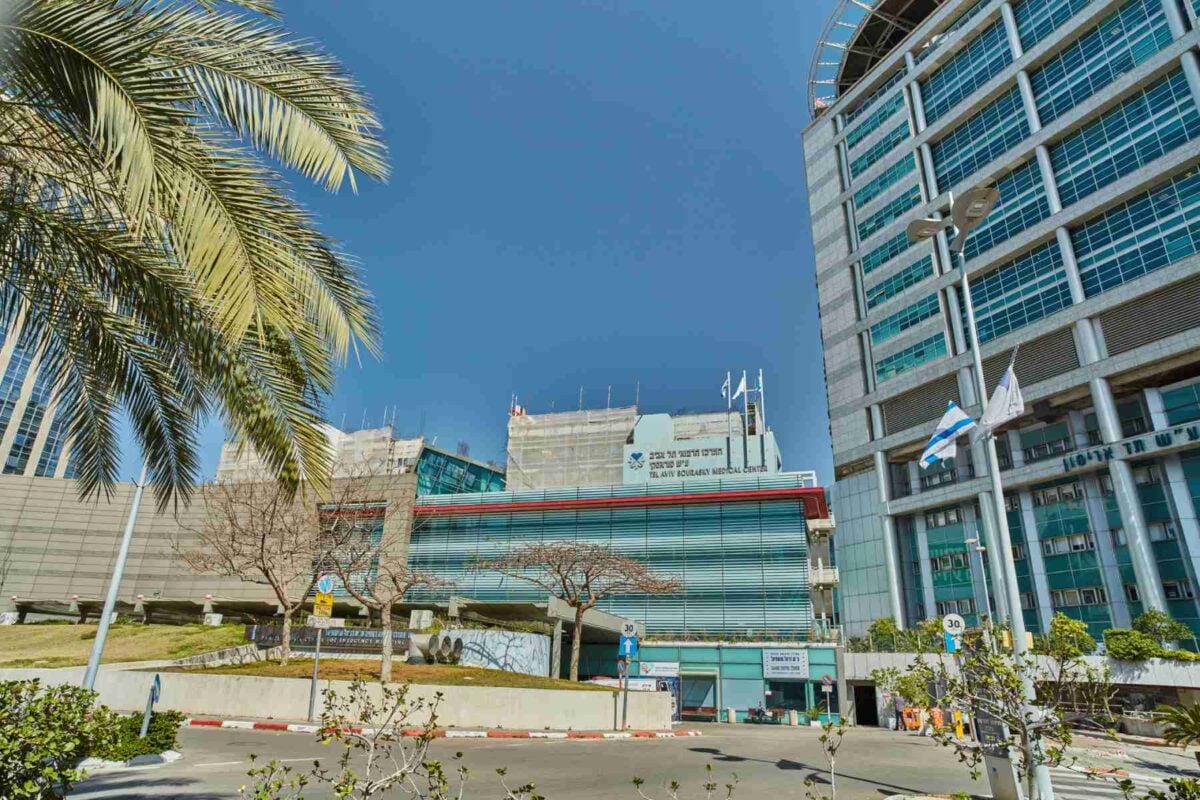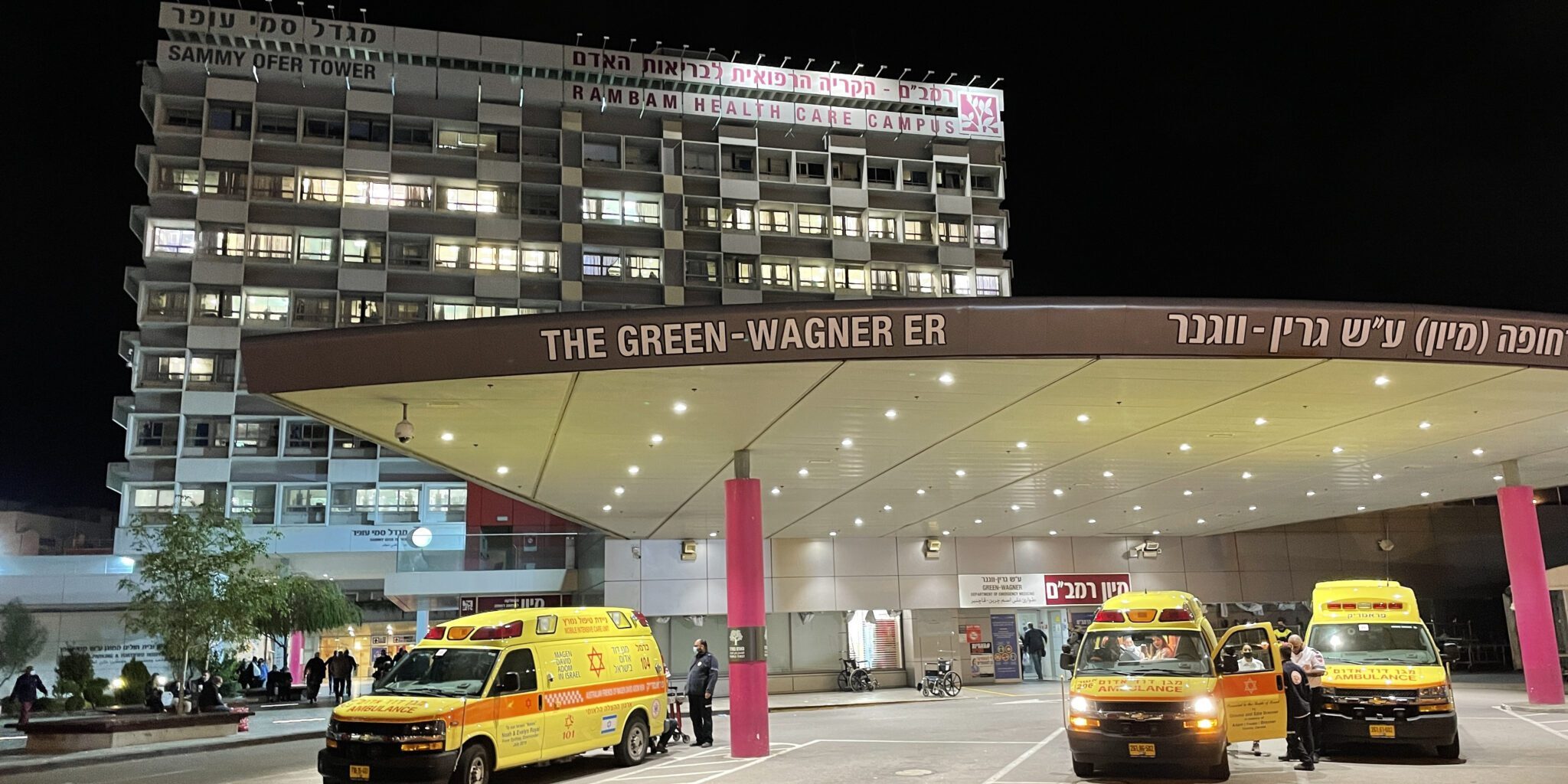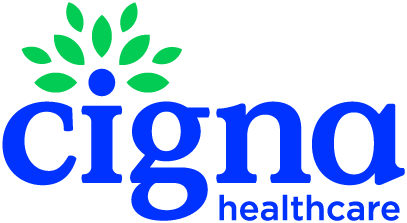
How to Access Medical Care as an Expat or Visitor in Israel
 Israel is renowned for its advanced healthcare system, which the World Health Organization (WHO) ranks fifth worldwide for healthcare quality and innovation. The country offers some of the best treatments and surgeries in the world, and many people travel there to receive care at its hospitals, clinics, and dental offices.
Israel is renowned for its advanced healthcare system, which the World Health Organization (WHO) ranks fifth worldwide for healthcare quality and innovation. The country offers some of the best treatments and surgeries in the world, and many people travel there to receive care at its hospitals, clinics, and dental offices.
However, the services available can differ significantly between Israeli citizens and visitors from other countries. For this reason, it is essential for expats and tourists to understand how to access healthcare in Israel. To help, this article provides an overview of the country’s healthcare system and guidance on accessing care and navigating insurance options.
Israel is renowned for its advanced healthcare system, which the World Health Organization (WHO) ranks fifth worldwide for healthcare quality and innovation. The country offers some of the best treatments and surgeries in the world, and many people travel there to receive care at its hospitals, clinics, and dental offices.
However, the services available can differ significantly between Israeli citizens and visitors from other countries. For this reason, it is essential for expats and tourists to understand how to access healthcare in Israel. To help, this article provides an overview of the country’s healthcare system and guidance on accessing care and navigating insurance options.
An Overview of Israel's Healthcare System
Israel has a mixed healthcare system, including public and private sectors. The Israeli Ministry of Health governs the system, supported by the National Health Insurance Law. This law ensures that all citizens and permanent residents have the right to receive healthcare "within a reasonable time and at a reasonable distance from their place of residence."
To access healthcare services, Israelis join one of four public healthcare providers, which is collectively known as Kupot Cholim. The providers – Maccabi, Meuhedet, Leumit, and Clalit – offer a standard Health Basket and Medication Basket, which the law requires. They also provide additional, specialized options in their services.
Israel has healthcare options for short- and long-term visitors. However, due to the complexities of Israel's health system, most visitors prefer to get coverage through an international health insurance program before they travel to Israel.
Read More: Travel and Safety Tips When in Israel
Who Pays for Israel's Healthcare?
For Israelis who are getting care through one of four public healthcare providers, Israeli citizens pay a tax of 3% to 5% of their income, there are co-payments for some standard services, and the government funds the rest from payroll and general taxes.
The co-payment amount depends on the plan and the individual’s eligibility. Israelis can also buy supplemental insurance, known as “Bituach Mashlim,” to access more services. Many new citizens are eligible for free healthcare for six months to a year.
Israel's Healthcare System: The Pros and Cons
The healthcare system in Israel has its positives and negatives. Below are the strengths of the medical system in Israel and the challenges this system faces today.
The Pros of Israel's Healthcare System
Israeli healthcare consistently rates among the best in the world, and the World Health Organization (WHO) ranks it fifth for innovation worldwide.
Israelis praise their doctors' expertise and skill with surgery. They receive affordable, quickly delivered mental healthcare and prescription drugs. Israel also provided strong healthcare during the COVID-19 pandemic, with a high and early uptake of COVID-19 vaccines.
Israel's private medical system works parallel to the Kupat Cholim system and offers the same excellent care. Medical tourism to Israel means that travelers can find multilingual private clinics, hospitals, and dentists. Their detailed websites list a wide array of services and surgeries.
The Cons of Israel's Healthcare System
While still excellent, Israeli healthcare has been under strain for a decade, and you can expect long wait times for specialist appointments and surgeries.
Appointments that use special equipment, such as an MRI, may be scheduled at any hour of the day and night. Israeli hospitals are crowded and noisy and considered by Israelis to be for emergencies only.
Israel's government bureaucracy also impacts its healthcare system. You can change your Kupat Cholim, but only once a year, on a specific date.
There are also gaps in the Kupat Cholim system. Almost 80% of Israelis pay for extra private insurance or a Kupat Cholim supplement to cover services such as dental care. Visitors who need pregnancy care or give birth in Israel must pay for their care, as it is not fully covered.

Prenatal and postnatal care is provided partly by a mother's Kupat Cholim clinic and the Ministry of Health through the "Tipat Halav" (Drop of Milk) maternal and child care clinics.
The Challenges of Israel's Healthcare System
For visitors and expats, the main challenge of healthcare in Israel is finding the information you need. Many official details about Israel's healthcare system are only available in Hebrew. Moreover, English-language information may be outdated, phrased in complex medical terms, or focused on treatments for medical tourists.
It can be hard to choose among Israel's four Kupot Cholim. Different Kupat Cholim provide stronger services in various areas. For example, Clalit has the best network in rural and border areas. Many people who speak English register with Meuhedet or Maccabi.
It is perfectly acceptable to ask for help finding a doctor or choosing a Kupat Cholim. In Israel, asking friends and family for a recommendation to a doctor is common. Hotels and your nation's embassy can also direct you toward doctors and clinics who speak your language. Israel's Ministry of Health also has an English-language site and sponsors a Doctors Channel where the videos, in Hebrew, have English subtitles.
Does Israel Have Universal Healthcare?
Israel provides a right to universal healthcare for its citizens. To receive healthcare as an Israeli citizen, you must sign up for Kupat Cholim, one of Israel's public healthcare companies. Most costs are paid by the Kupat Cholim or by co-payments at the time of service.
Each public healthcare plan in Israel provides the standard Health Basket and Medication Basket of services. These include medical diagnosis and treatment, surgery, hospitalizations, chronic disease treatment, mental healthcare, addiction treatment, cancer care, and IVF treatments.
Read More: Countries With Universal Healthcare
Does Kupat Cholim Cover Dental, Optical, and More?
In Israel's healthcare system, the Kupat Cholim covers or subsidizes many areas of care. The level of coverage usually has three co-payment ranges for Israeli citizens and a price for a patient from abroad.
This list notes additional healthcare services, whether they are covered, and their costs for patients from abroad. The costs are converted to U.S. dollars.
- Dental: Dental is not included but can be added as a supplement. A standard dental exam costs $60 to $90, and common procedures like fillings and extractions may incur additional costs.
- Optical: Some Kupot Cholim cover eye surgery and contribute to vision aids. Again, vision care can be added as a supplement.
- Mental Health: Mental health services are included. The co-pay for a therapy session is around $10.
- Physical Therapy: Included: for a patient from abroad, this costs $60 to $80 per session.
- Alternative Care: Each Kupat Cholim provides some alternative care, such as reflexology and acupuncture, often with a co-pay. These services cost $75 to $250 independently.
- Prescription Drugs: Prescribed medications are supported by government subsidies, but you may need to make a co-payment. A prescribed antibiotic costs around $6.
How to Access and Receive Healthcare in Israel
Here is what visitors and expats need to know about navigating Israel's healthcare system, especially in an emergency.
For Kupat Cholim Care: Register
Students and expats with visas can access Israel's government healthcare system. They have options to register and pay to join Kupat Cholim. You can do so at Ben Gurion Airport, online, or at a post office in Israel. When you sign up, you choose your plan, any sub-plans or supplements, and your specific clinic. You will then visit your specific clinic for your care.
For Expat Care: See A Private Doctor
Most visitors and foreigners are not covered by Kupat Cholim, which means they can't visit a Kupat Cholim clinic. Instead, they need to make an appointment to see a private doctor in Israel. A private doctor visit ranges from $80 to $300, and seeing a private specialist starts at $250 to $600.
Urgent Care and Emergency Rooms in Israel
If you need medical care urgently in Israel, you will choose between urgent care and emergency rooms. Urgent care is for medical problems where you need treatment fast, but your condition is not life-threatening.
If you are covered by a Kupat Cholim plan, your urgent care co-pay is usually covered with a co-pay, especially if you go to your recommended urgent care center. However, if you are not with a Kupat Cholim, you will need to pay between $90 and $150 for your visit and more for prescriptions or treatments such as an IV for dehydration.

Emergency rooms are for serious and life-threatening injuries. You must pay for your care there if you do not have a severe condition that qualifies for an exemption. Examples of exempt conditions include fractures, dialysis, and hemophilia. If your condition is exempt, your Kupat Cholim will cover all the fees. If you are not with a Kupat Cholim, you will have to pay, too, and the costs will be high, starting at $250.
You must pay for the ambulance service when calling an ambulance in Israel. If you have coverage through Kupat Cholim, you can get full or partial coverage, depending on the conditions.
Who is Eligible for Israeli Healthcare?
All Israeli citizens and official residents have a legal right to receive healthcare in Israel. New immigrants who already have immigration visas are eligible for Kupat Cholim cover immediately, too.
Foreigners who are in Israel for more than a short visit can sign up for a non-resident program with Kupat Cholim. Two examples are Maccabi's Wellcome Program and Meuhedet's program for nonresident clients. Monthly fees for adult individuals range from $115 to $450, depending on your age – very similar to many travel medical insurance programs.
Healthcare for Expats in Israel
Many visitors to Israel find their trip a once-in-a-lifetime adventure. The city of Tel Aviv is popular with digital nomads, and young people often spend several months in the country connecting with their heritage.
Other travelers may even consider "making aliyah" – moving to Israel permanently. Those who do make aliyah or who return to Israel after living abroad may have to wait for Israeli healthcare while their immigration visas are processed.
All visitors, expats, and migrants can protect themselves in Israel with travel medical insurance.
Expat Insurance for Israel
Short-term visitors and digital nomads in Israel typically benefit most from travel medical insurance, which covers them both inside and outside the country.
On the other hand, expats staying in Israel for an extended period should consider buying international health insurance for longer-term coverage. This guarantees faster access to care, bypassing the Kupat Cholim waiting lists.
About 40% of Israelis have private health insurance to supplement their Kupat Cholim plan for quicker and more reliable care. International health insurance also provides essential support for expats, including access to global medical records and coverage for repatriation costs. It helps manage the high expenses of private health services in Israel and allows you to seek treatment in another country while still being covered.
When choosing a plan, make sure you read the fine print to ensure it meets your needs. Each plan may have different coverage options, so it's important to research the benefits provided.
The Best Health Insurance Plan for U.S. Citizens in Israel

Xplorer Worldwide Medical Plan
- Premium Benefits, Coverage and Service
- Define your deductible and prescription benefits
- For Foreigners in the US or US citizens abroad
The Best Health Insurance Plan for Non-U.S. Expats in Israel

Cigna Global Insurance Plan
- The flexibility to tailor a plan to suit your individual needs
- Access to Cigna Global’s trusted network of hospitals and doctors
- The convenience and confidence of 24/7/365 customer service
Useful Resources
- Israel Ministry of Health (English Site): Offers English-language information about health services, regulations, and guidelines in Israel.
- The Jerusalem Post (Health Section): Provides news and articles in English about health-related topics in Israel, including healthcare access.
- Nefesh B'Nefesh: A resource for English-speaking olim (new immigrants) that provides information on healthcare and various other services in Israel.
Stay Safe During Your Adventure!
Israel has a complex healthcare system that provides high-quality care for residents and visitors. Knowing how to navigate this system can significantly improve your experience, especially when you need medical help.
Whether you're visiting for a short time or staying long-term, it's important to understand your healthcare options. With the right insurance and knowledge, you can get the medical care you need while enjoying your time in Israel.
Read More
Author: Emily Cotlier is a senior editor at International Citizens Insurance. She has made the move from the U.S.A. to New Zealand. For International Insurance, she clarifies international visa and immigration requirements, shares travel resources, and advises on relocation challenges. She’s traveled through five continents and Oceania, and she still loves to travel both in Aotearoa New Zealand and around the world.



